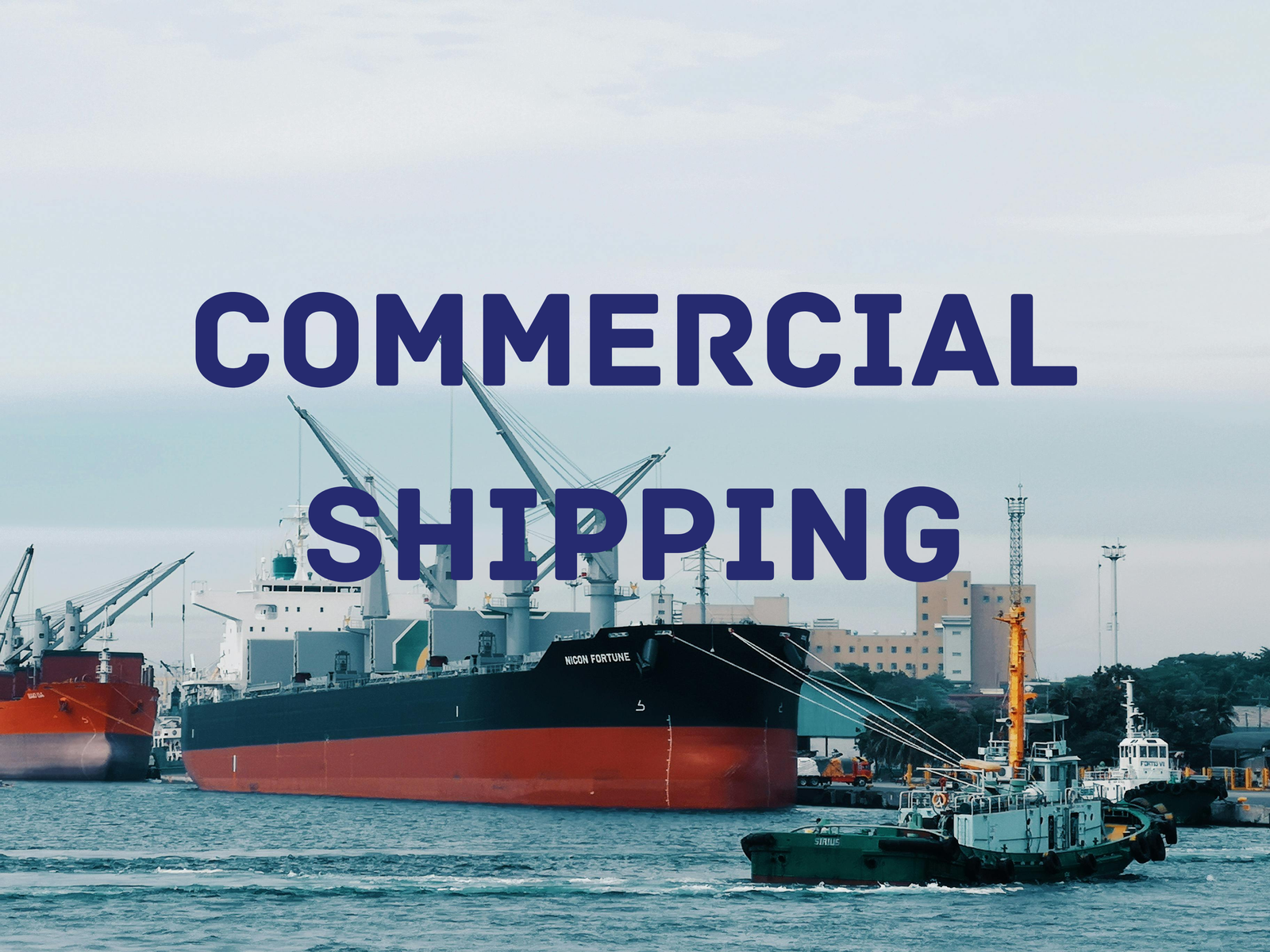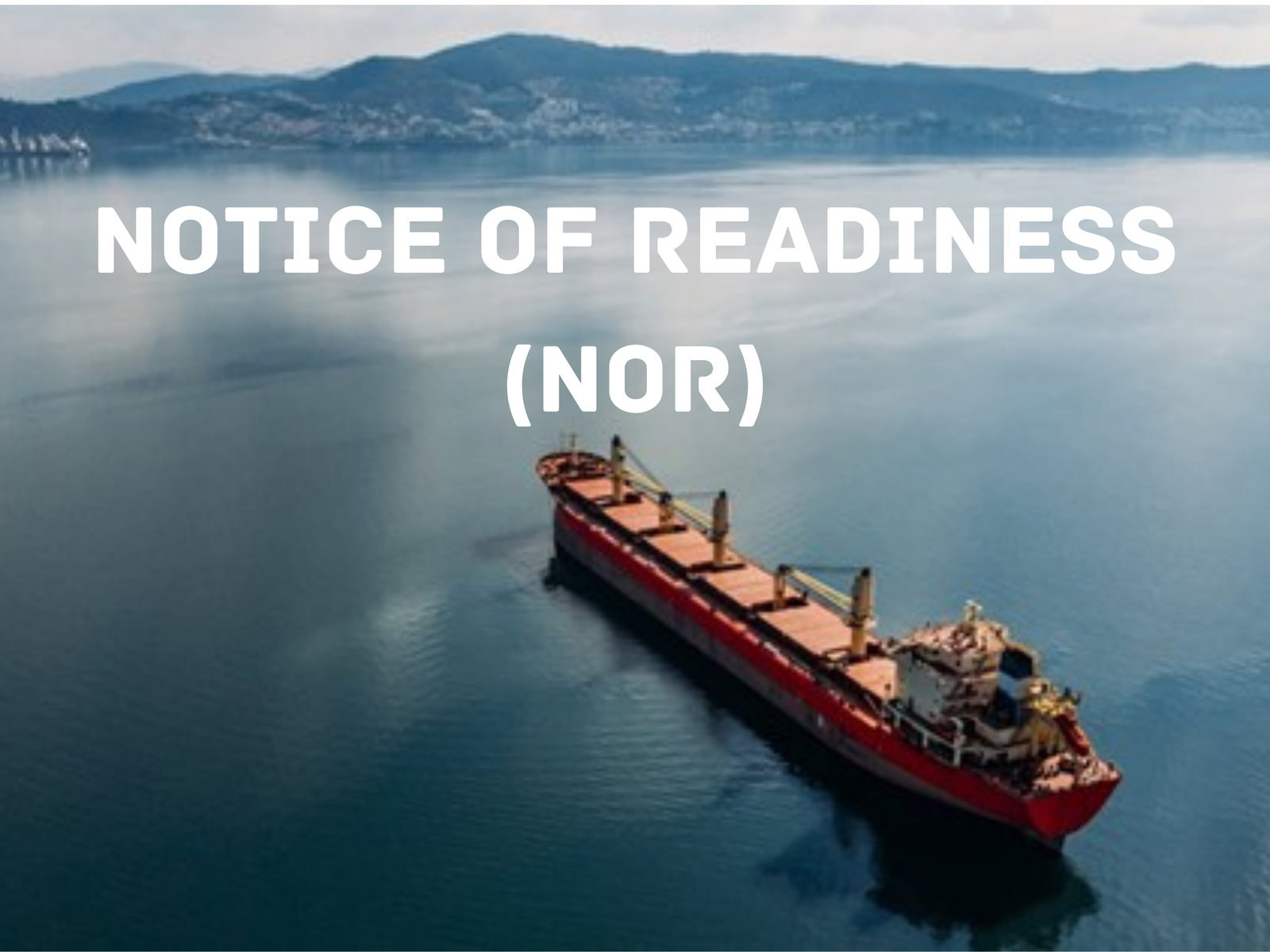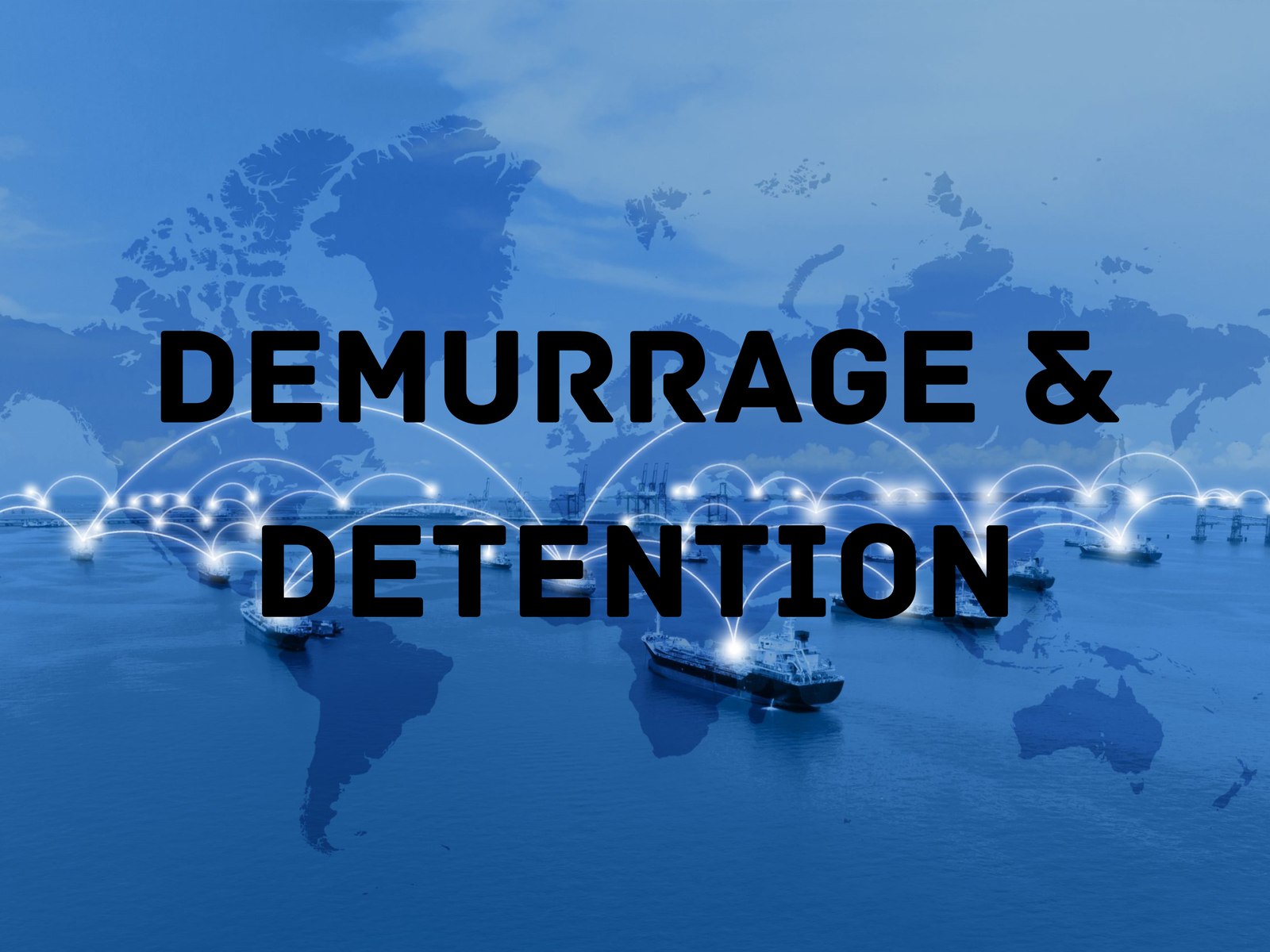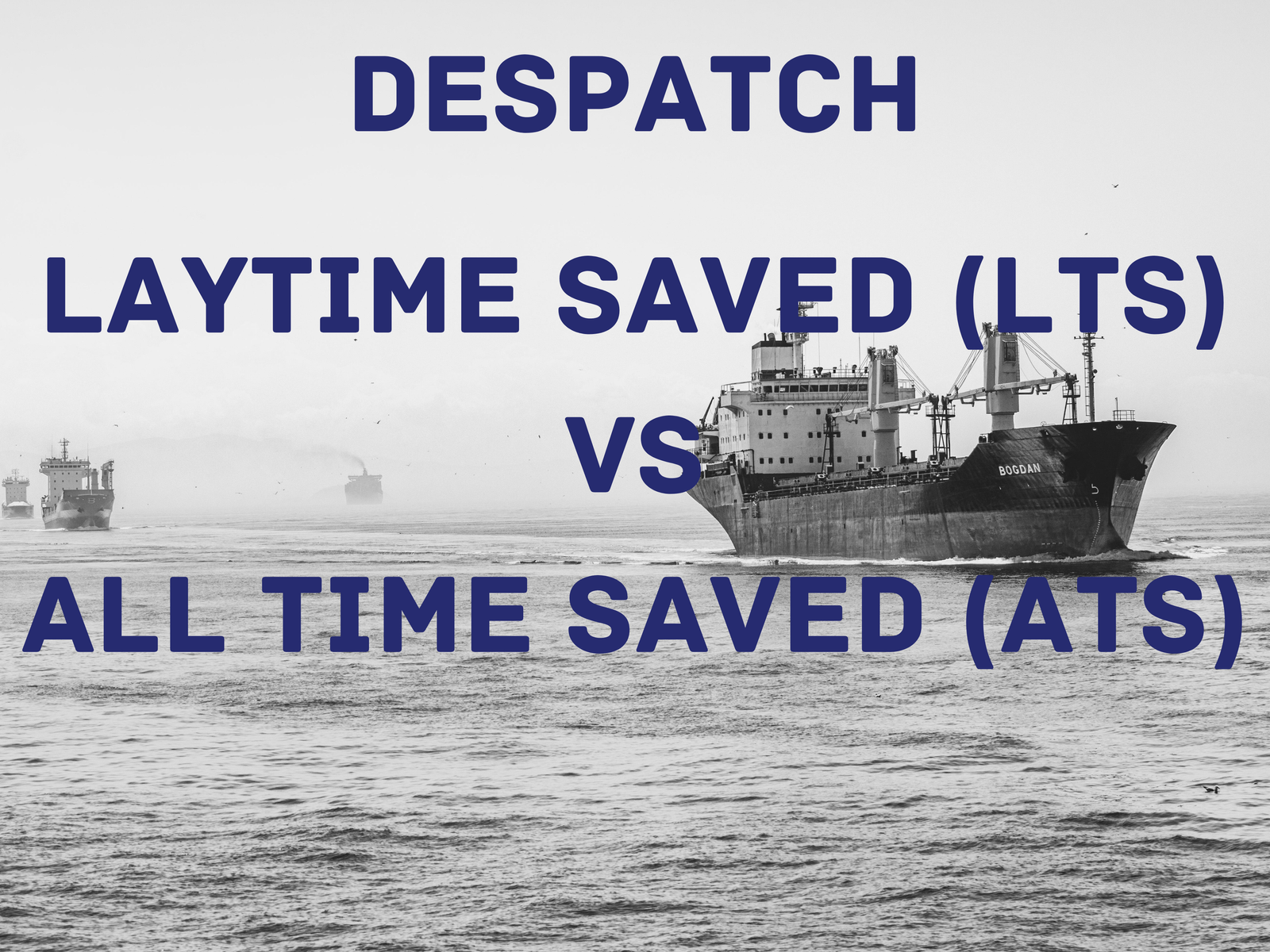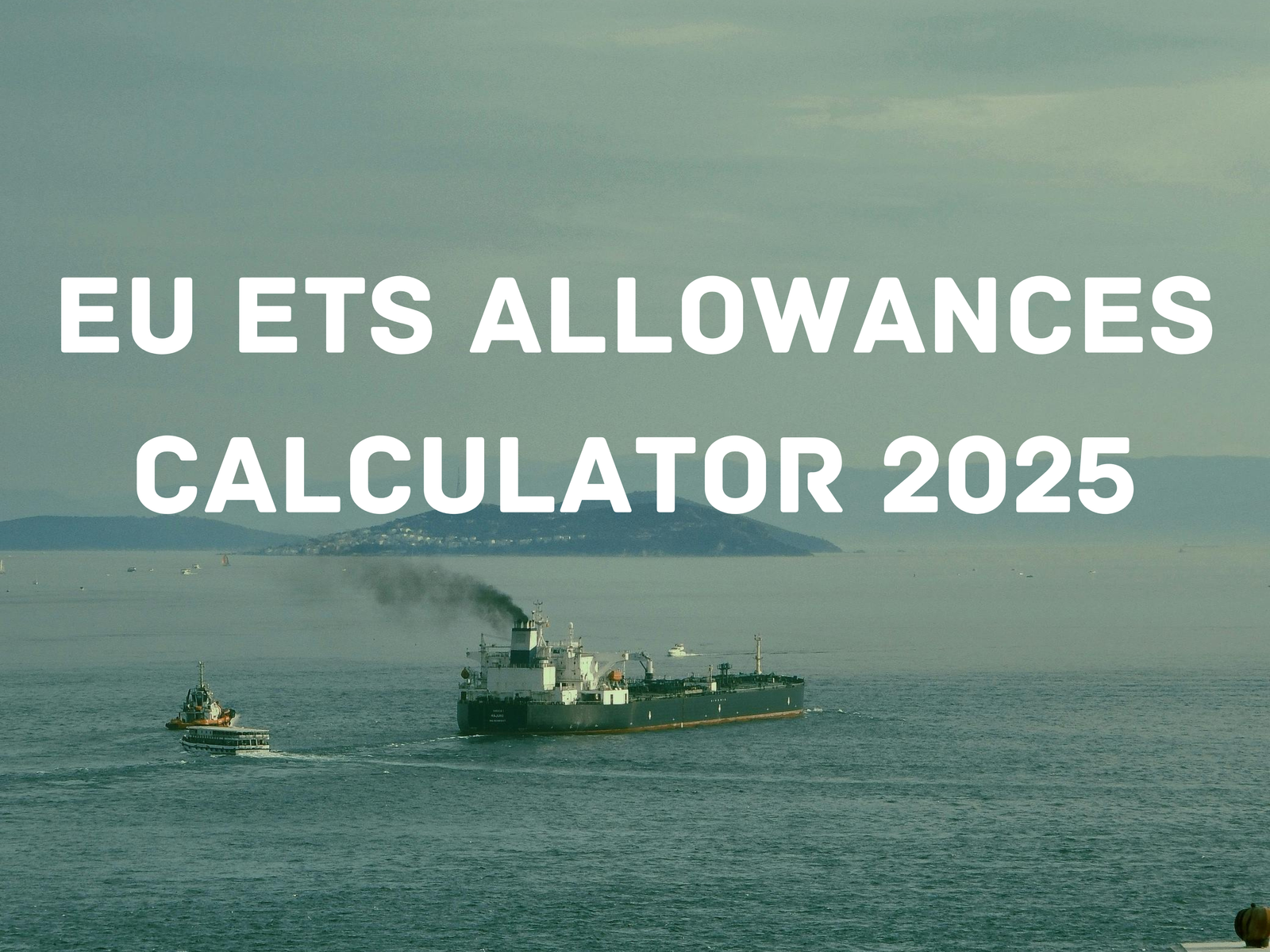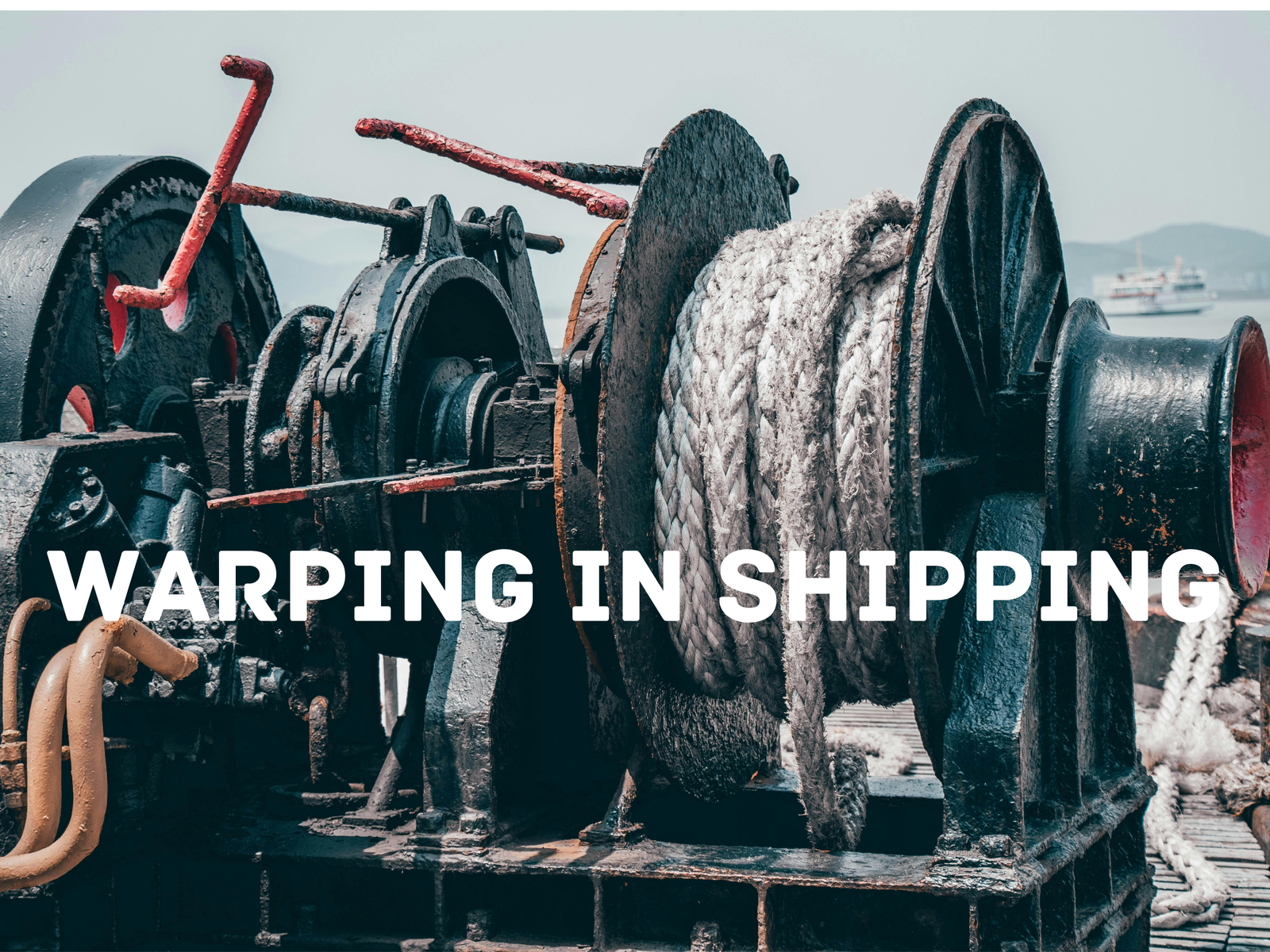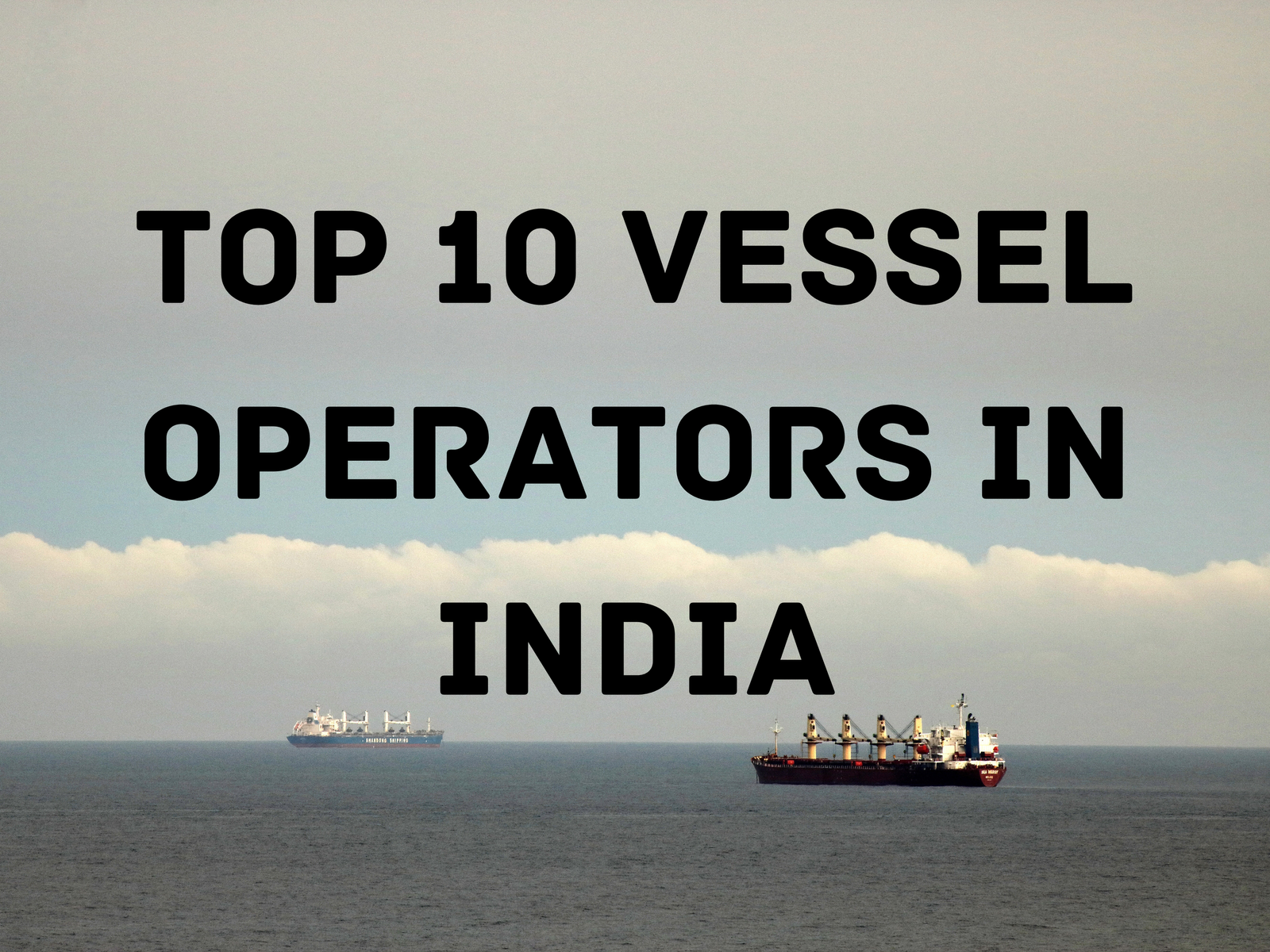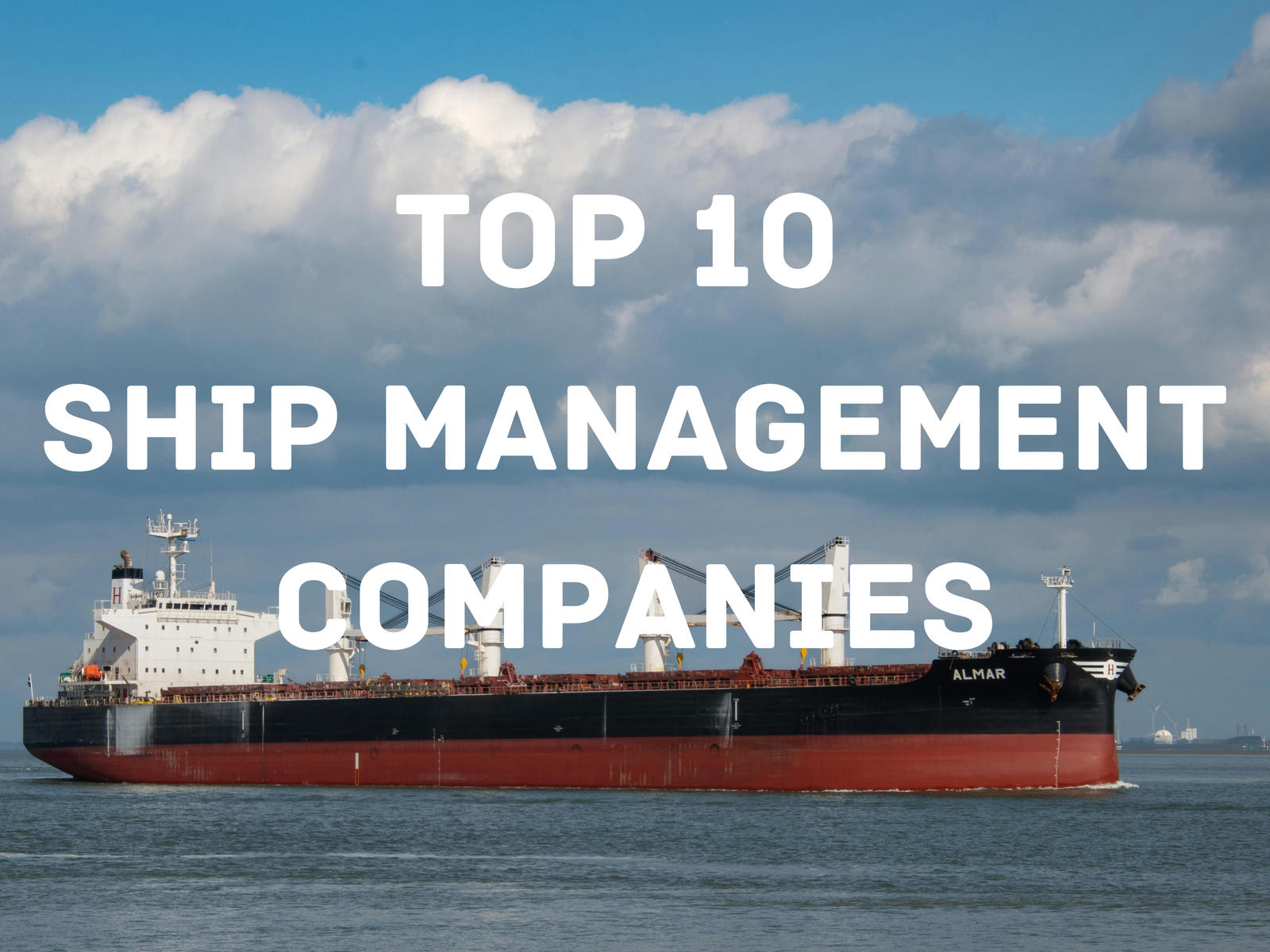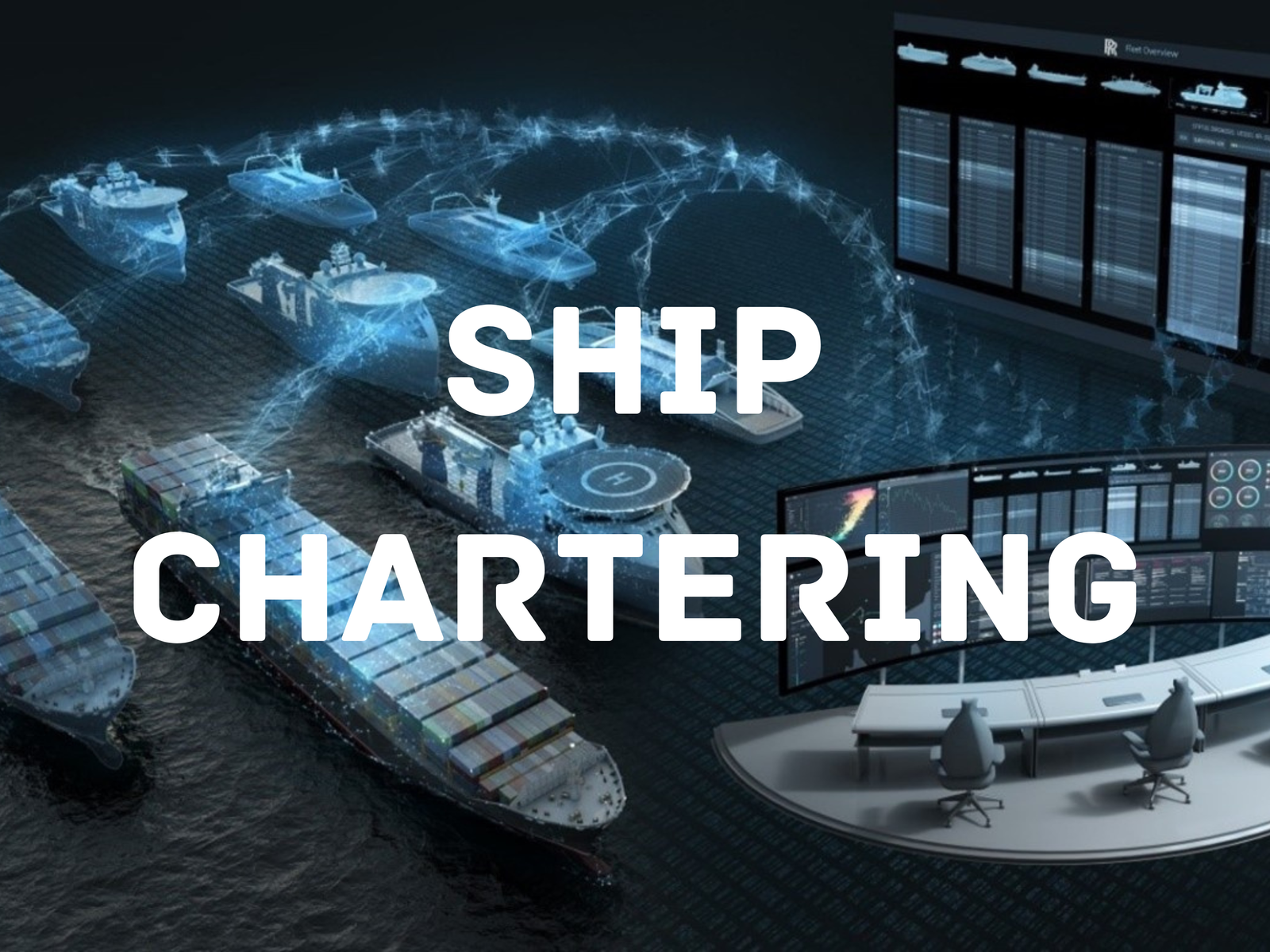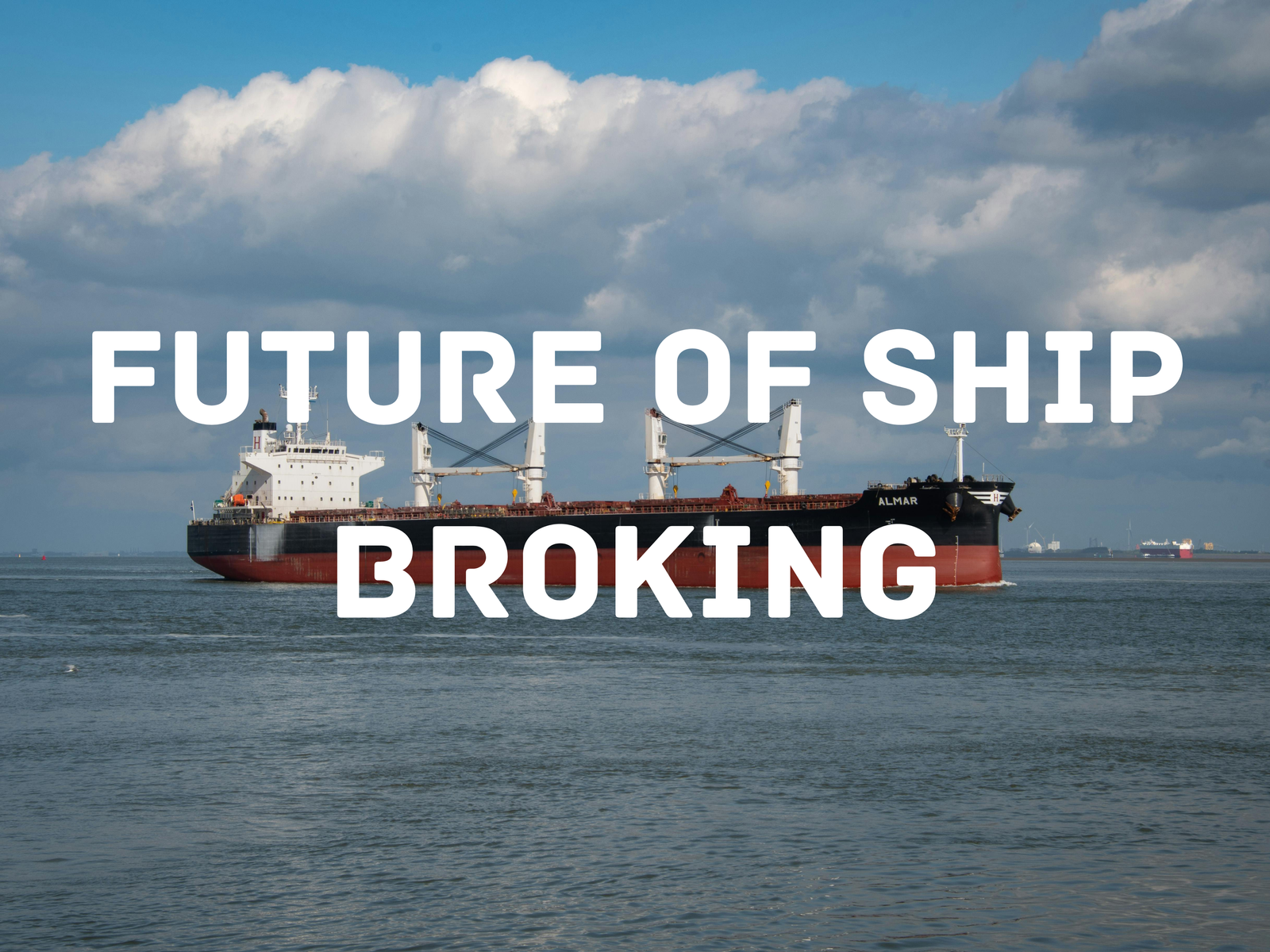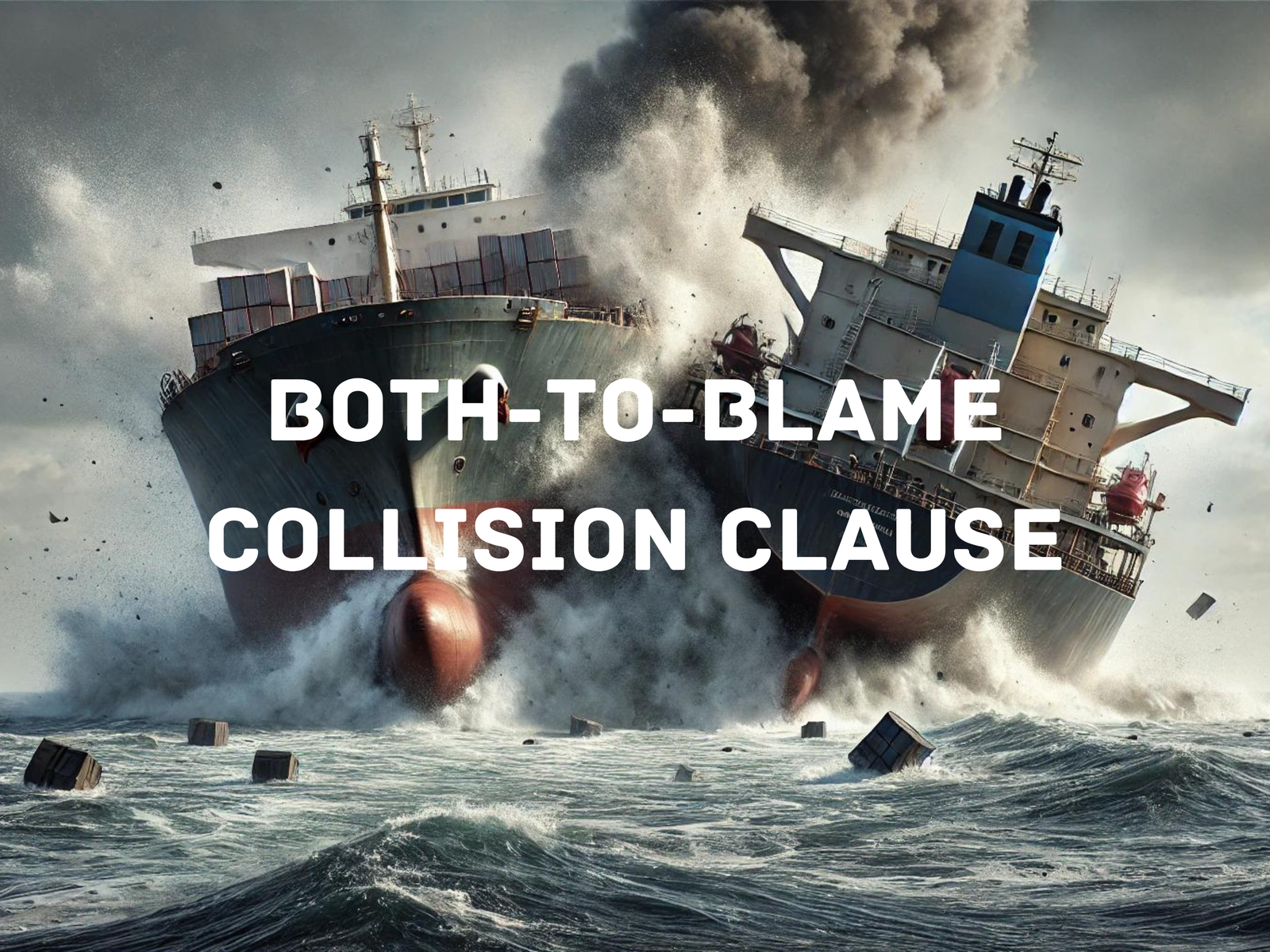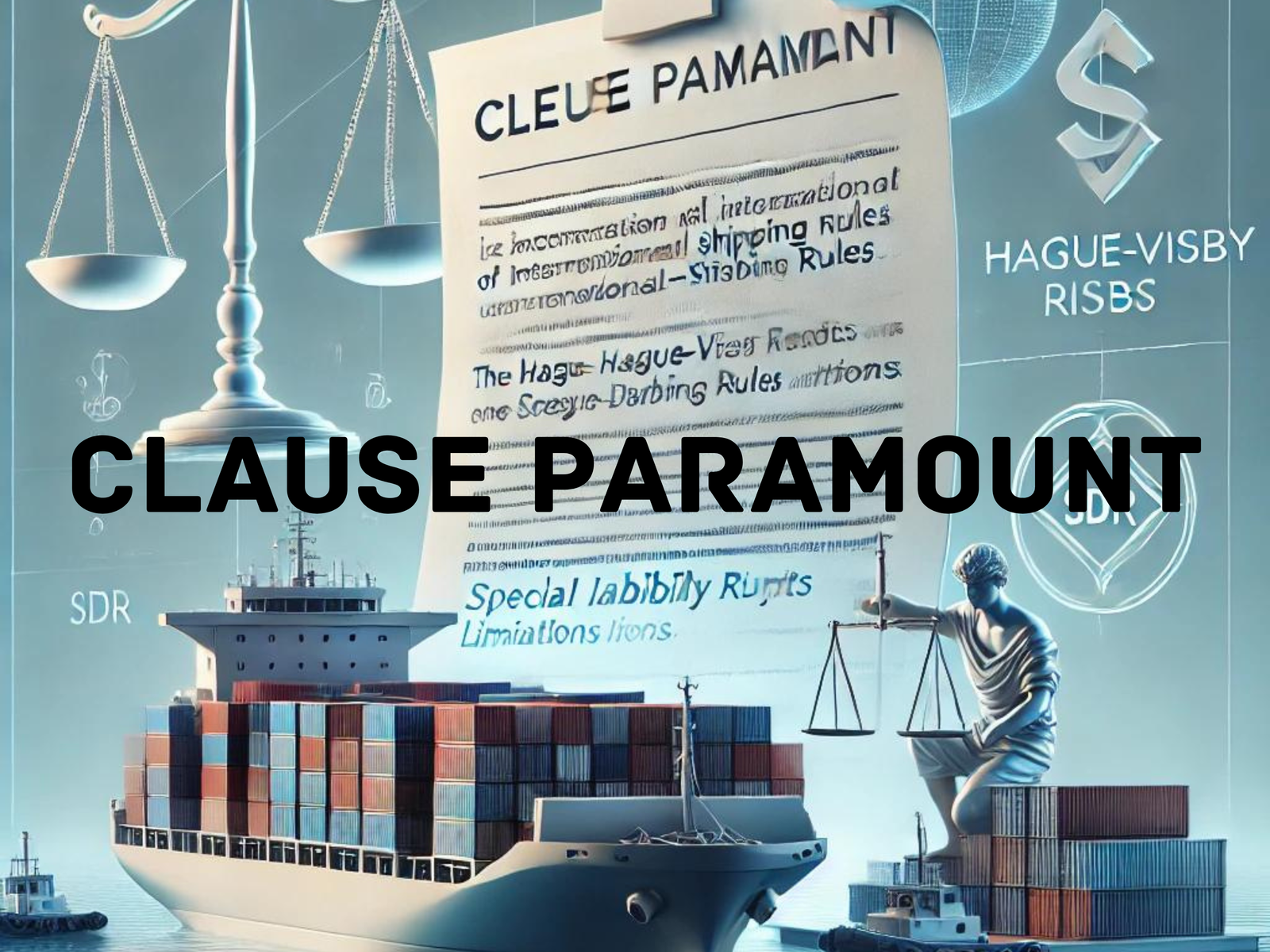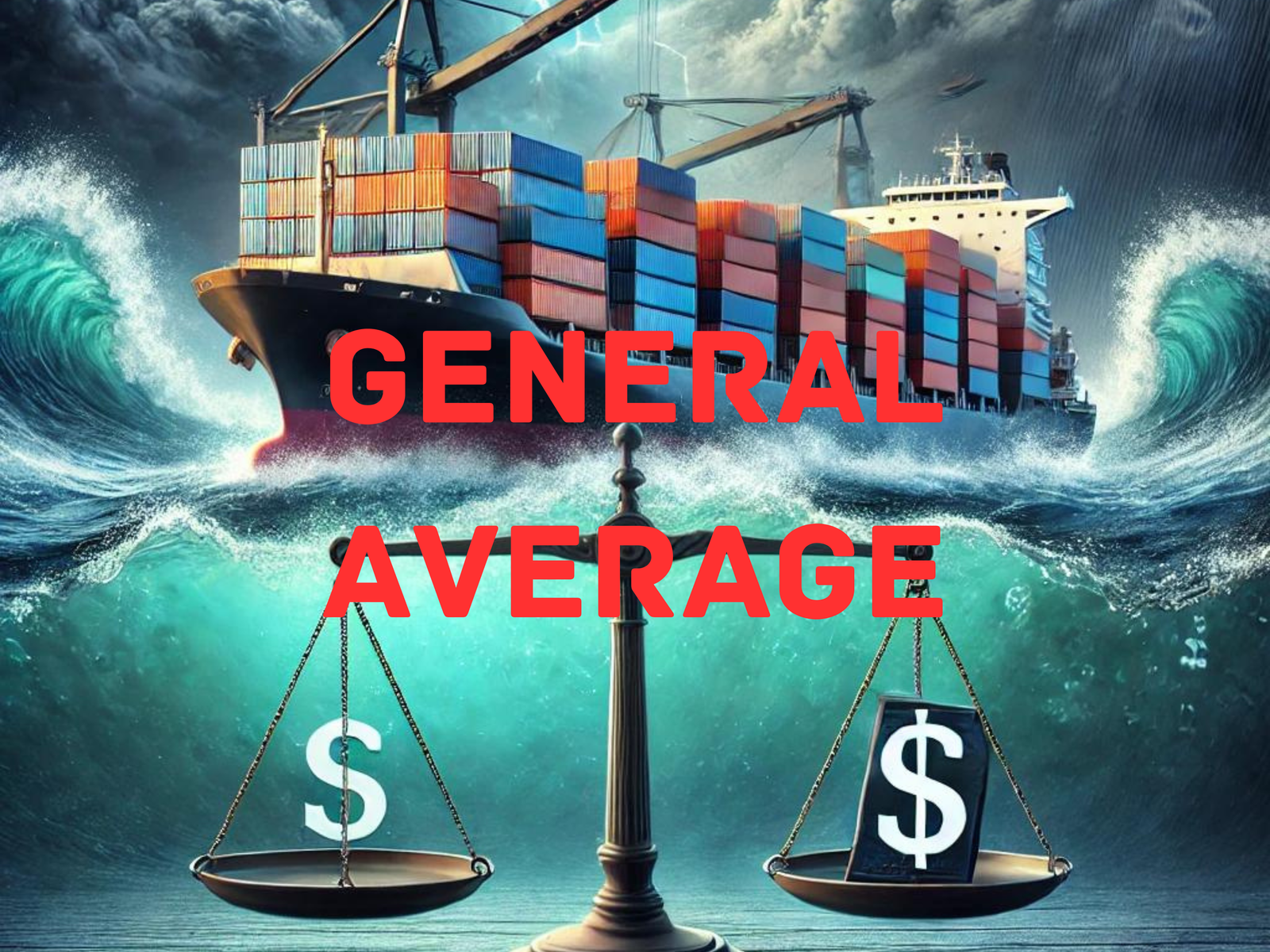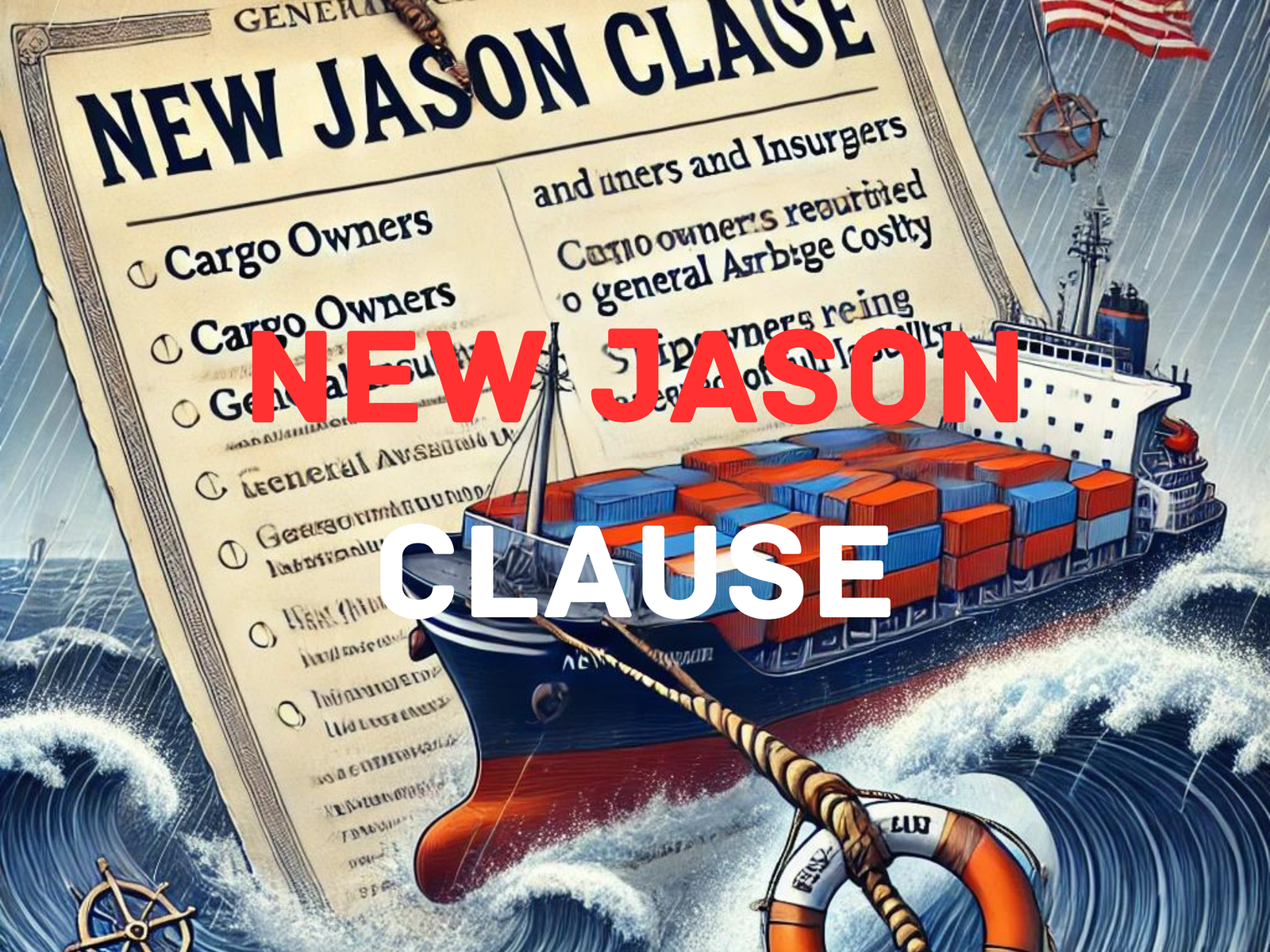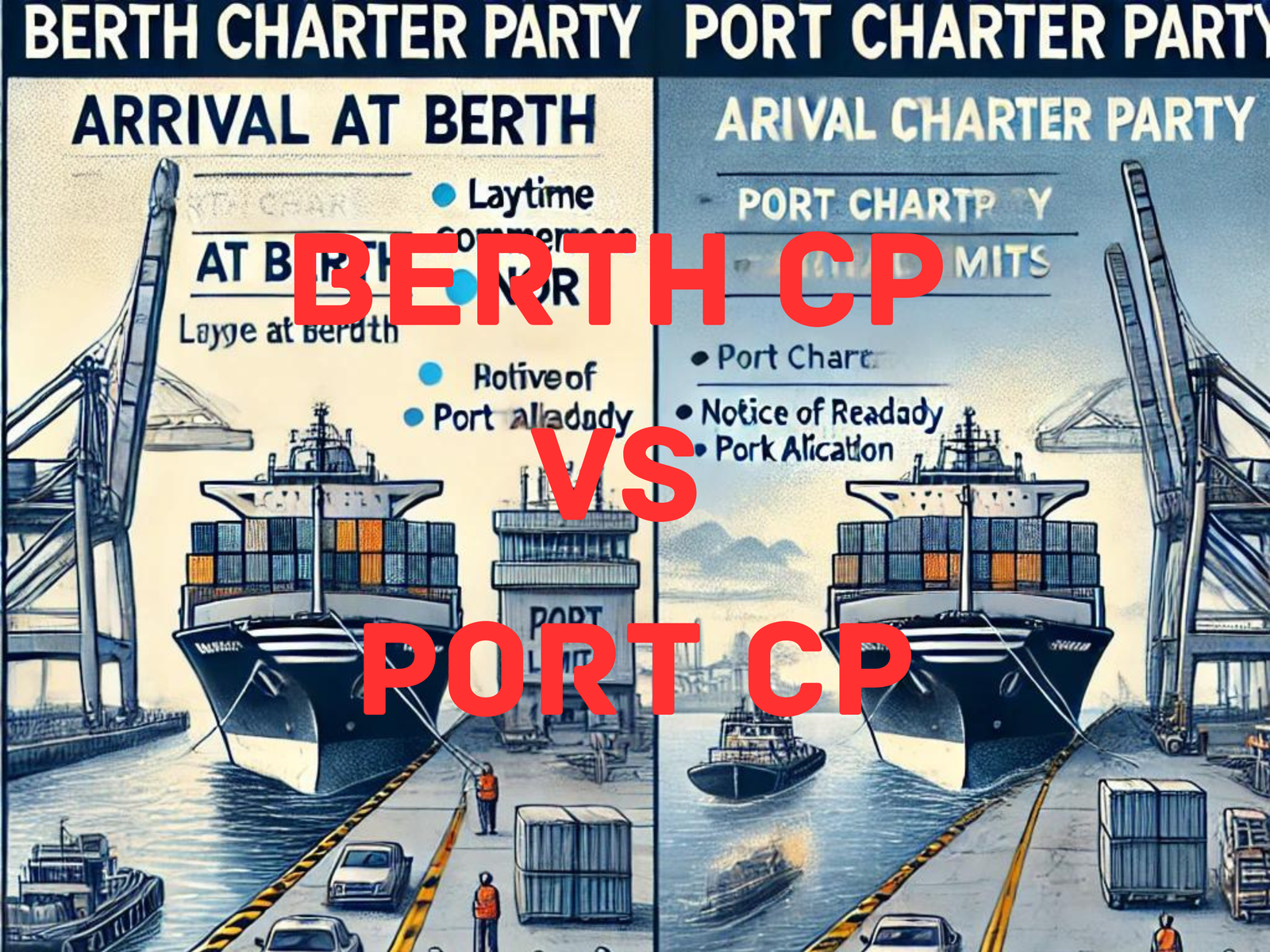In the world of commercial shipping, few phrases cause as much debate as “once on demurrage always on demurrage.” It sounds final, even absolute. But is it really? Does this rule apply even when the vessel itself is at fault — like in case of breakdowns or operational issues?
In this blog, we break down what this clause really means, how it works, and more importantly, what types of delays it covers — and doesn’t.
What Does “Once on Demurrage Always on Demurrage” Mean?
This widely-used shipping principle means that once laytime has expired and a vessel has entered demurrage, no further interruptions or exceptions stop the demurrage clock.
This includes:
- Bad weather
- Weekends
- Public holidays
- Port congestion
- Strikes
In other words, once you’re on demurrage, the clock keeps ticking continuously, and compensation is due to the shipowner for the delay — even if new delays arise after laytime has expired.
But Here’s the Catch: It Doesn’t Cover Vessel Faults
Contrary to common misunderstanding, this rule doesn’t protect shipowners when the delay is due to their own vessel. For example, if a vessel suffers engine trouble, cargo gear failure, or delays in tank cleaning — these are not chargeable to the charterers, even if the vessel is already on demurrage.
This is because demurrage is a remedy for charterer-caused delays in cargo operations — not for owner’s shortcomings in delivering a ready, seaworthy vessel.
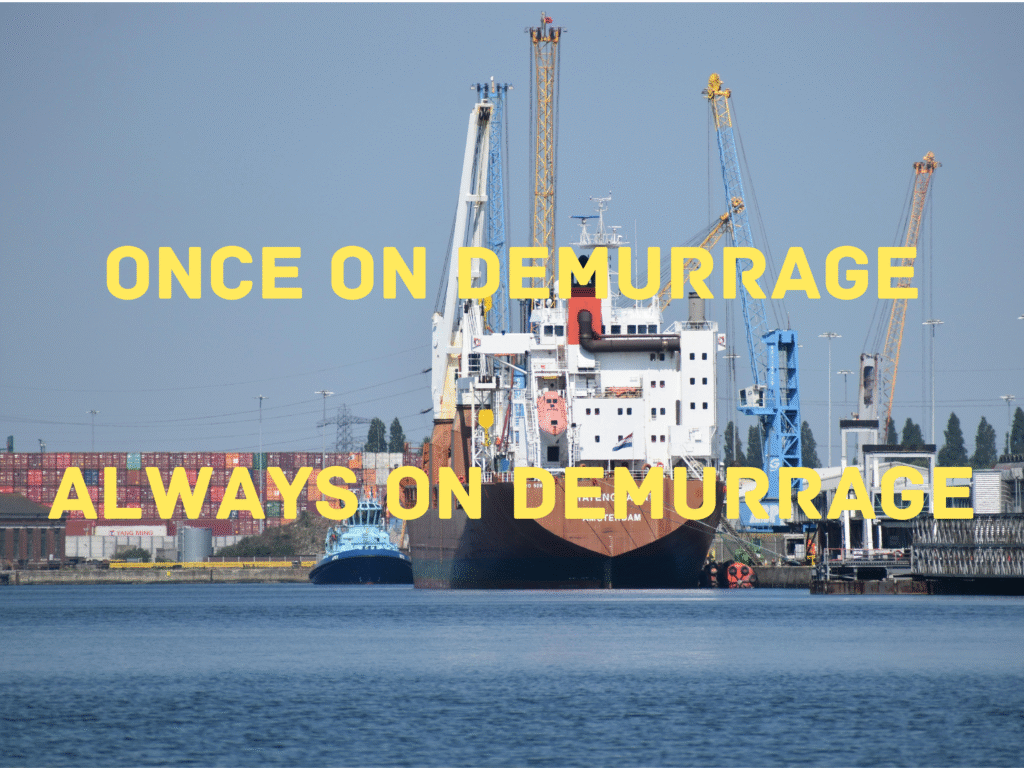
What Kinds of Delays Are Covered (and Not Covered)?
✅ Covered Under “”Once on Demurrage Always on Demurrage””
These delays do not stop demurrage once it has begun:
- Bad weather
- Weekends or holidays (even if laytime would have been suspended)
- Port congestion (not due to owner’s fault)
- Labour strikes
- Delay in berth availability caused by charterers or terminals
❌ Not Covered — Vessel-Related Delays
These are typically owner’s responsibility and not compensated by demurrage:
- Main engine failure or breakdown
- Crew incompetence
- Tank cleaning or readiness issues
- Unseaworthiness or class problems
- Delays caused by ship’s agents or owner’s reps
Legal Insight: Backed by Case Law
The famous case The Bonde (1991) under English law clarified that demurrage will not accrue during periods where the vessel is unready due to the owner’s fault. Courts consistently uphold that while demurrage runs like clockwork once it begins, it doesn’t excuse performance failures by the shipowner.
Summary Table of Delays & Demurrage Applicability under “Once on Demurrage Always on Demurrage”
| Type of Delay | Is Demurrage Payable? | Notes |
|---|---|---|
| Bad weather | Yes | No suspension once on demurrage |
| Holiday or weekend | Yes | Even if laytime would normally pause |
| Port congestion (charterer’s side) | Yes | Delay chargeable to charterer |
| Port congestion (owner’s berth) | No | If due to owner’s fault |
| Main engine or equipment failure | No | Vessel-related, owner’s responsibility |
| Tank not cleaned or ready | No | Charterer not liable |
| Any stoppages due to vessel | No | Demurrage does not apply if delay is owner’s fault |
Is “Once on Demurrage Always on Demurrage” Standard If Not Mentioned?
While the phrase itself may not always be explicitly stated in charter parties, the principle behind “once on demurrage always on demurrage” is generally recognized under English law and widely accepted in shipping practice. This means that even if it’s not written in the contract, the concept may still apply — unless the charter party includes a clause that provides otherwise (for example, allowing certain delays to interrupt demurrage).
That said, it is strongly recommended to include this clause explicitly in the charter party to avoid disputes. A clear demurrage clause — stating when it starts, whether it runs continuously, and any allowed exceptions — provides clarity and legal protection for both parties.
Conclusion: Demurrage Isn’t a Free Pass for Vessel Delays
The phrase “once on demurrage always on demurrage” is powerful — but not all-encompassing. It protects shipowners only from delays caused by charterers or external factors, not from their own operational shortcomings. Understanding this distinction is vital in avoiding disputes, miscalculations, and legal claims.
If you’re drafting or interpreting a charter party clause, don’t assume demurrage covers everything. Make sure responsibilities are clearly defined — and understood — on both sides.

